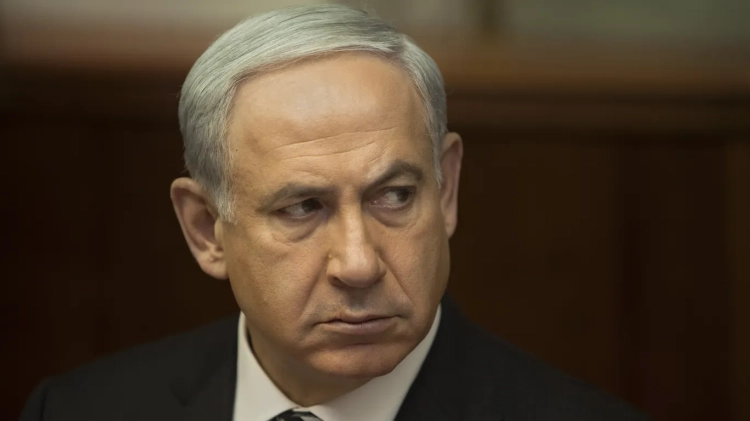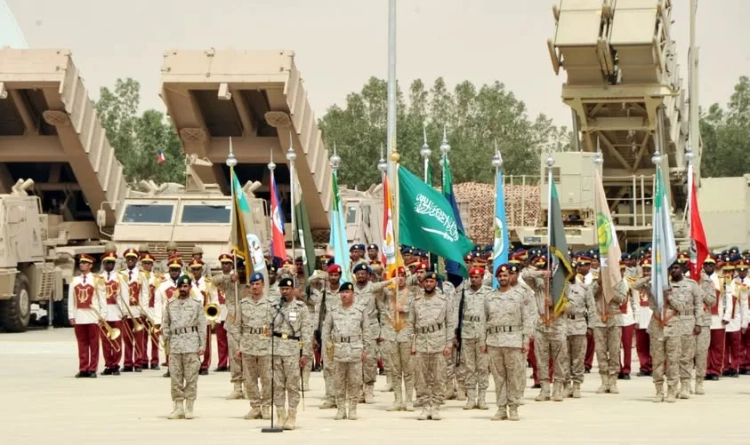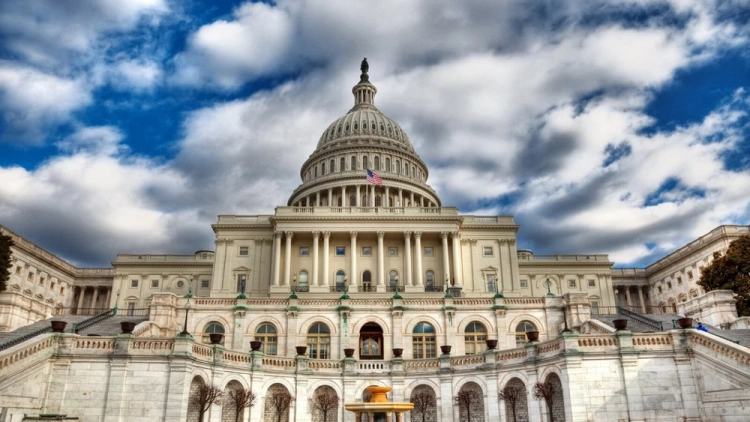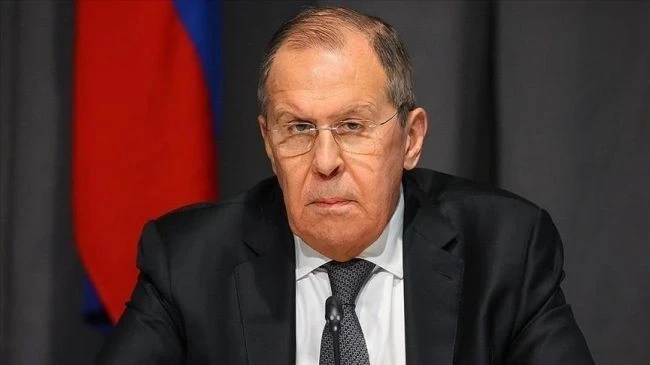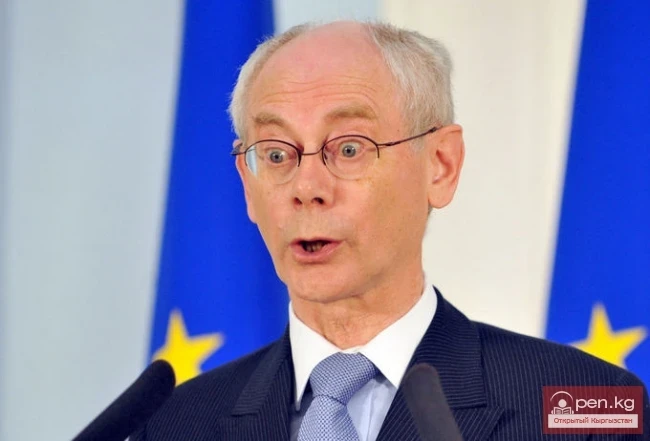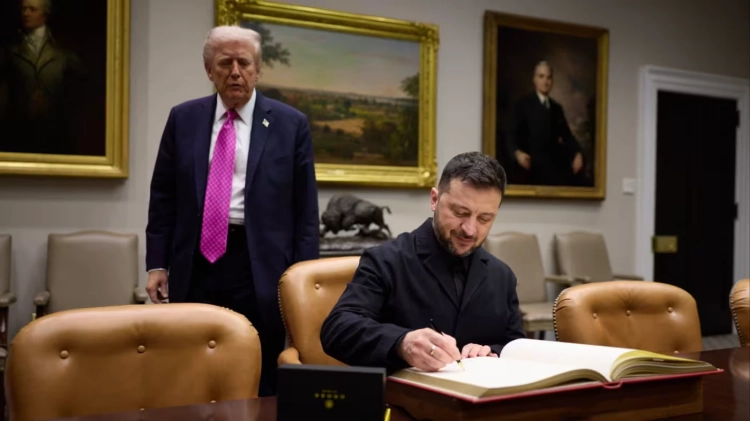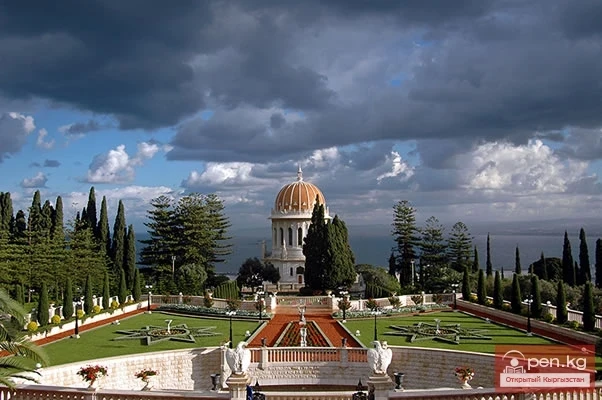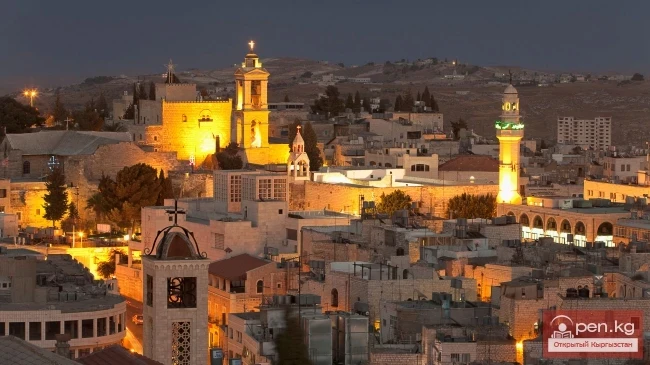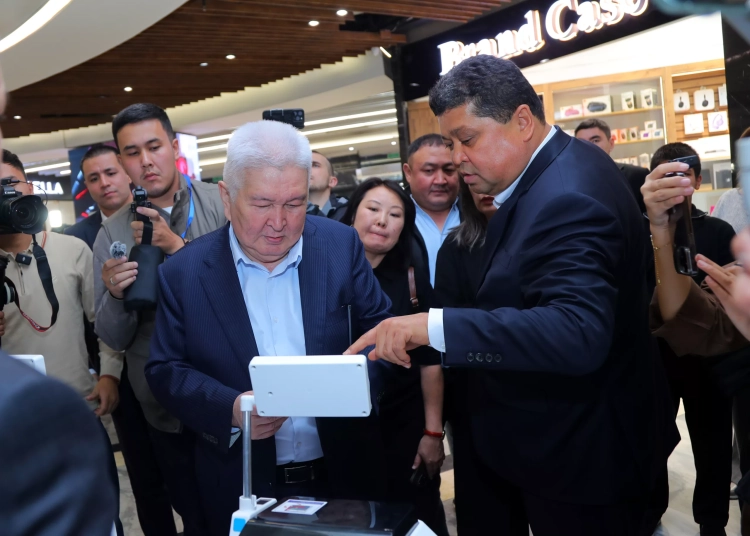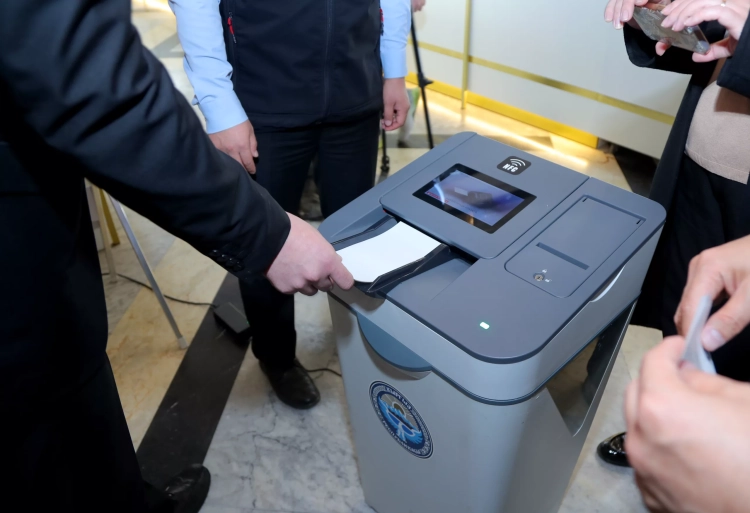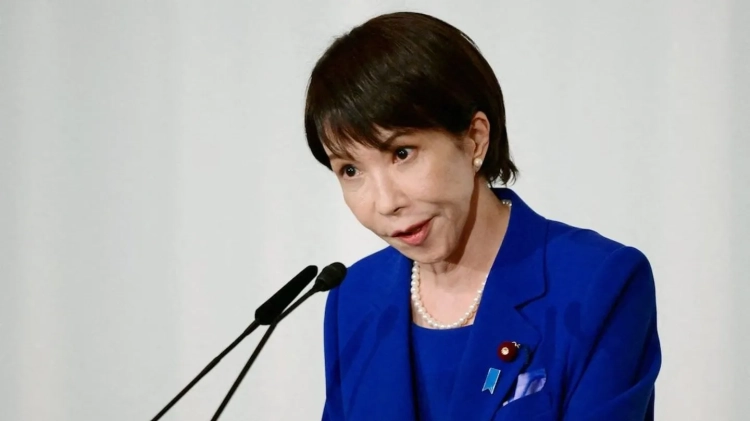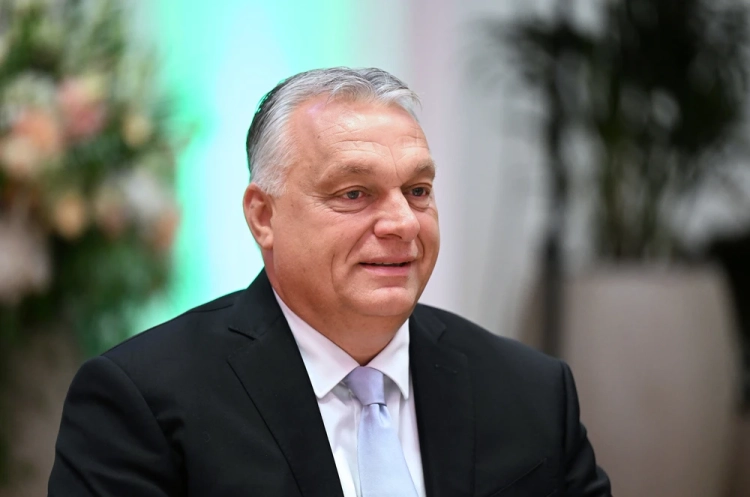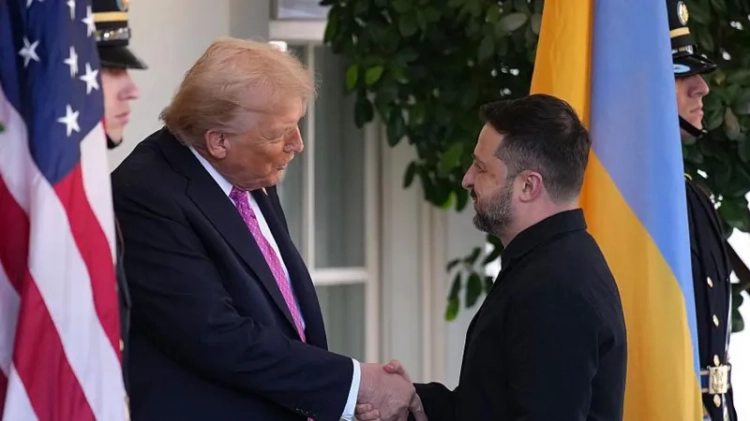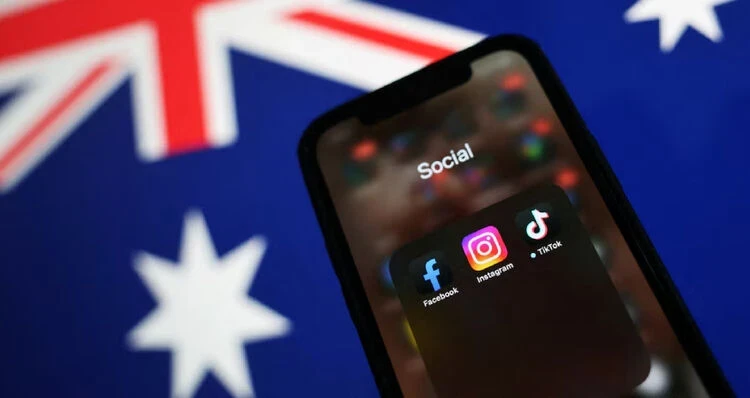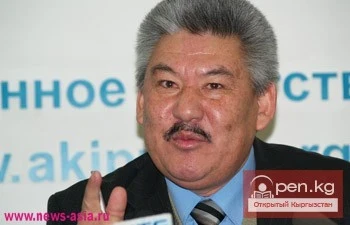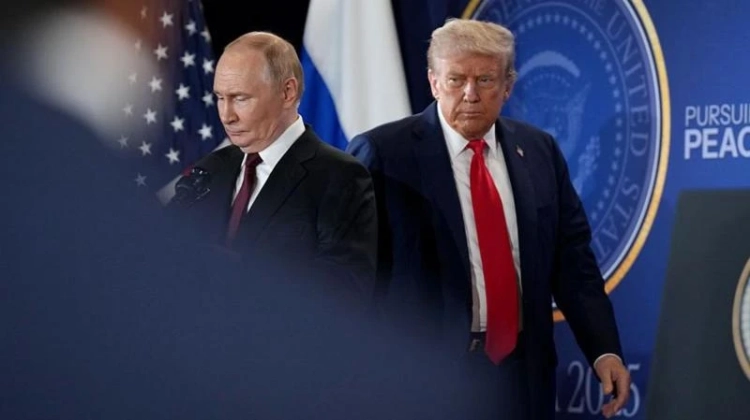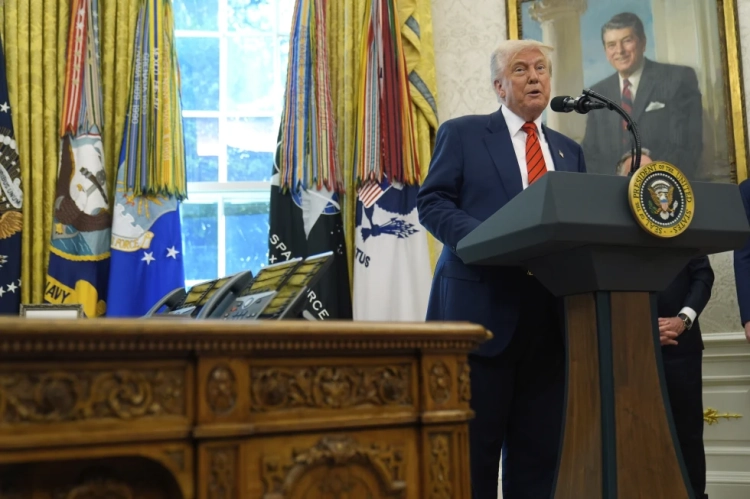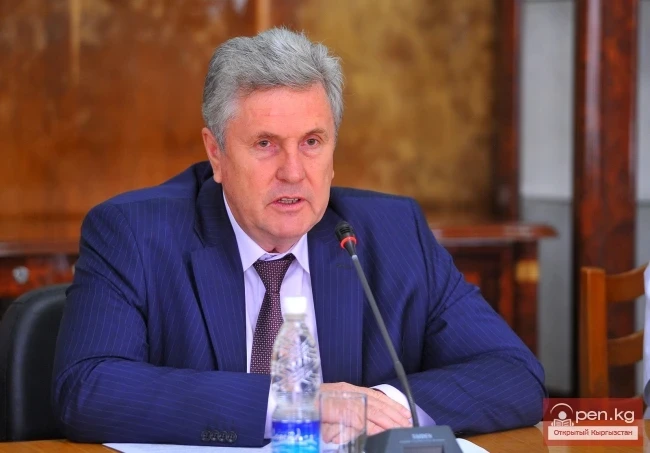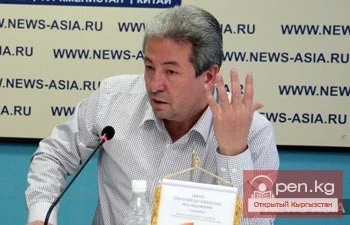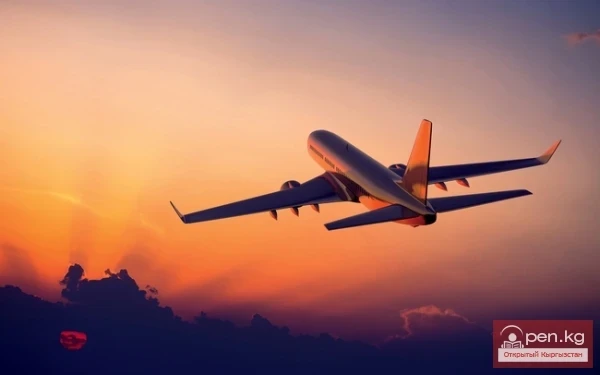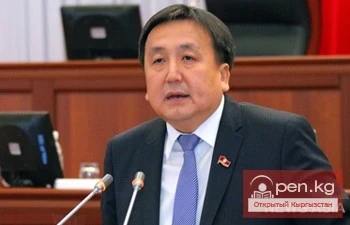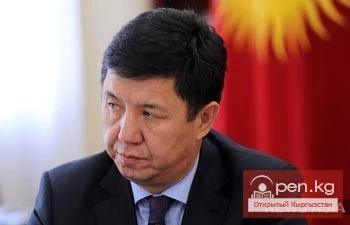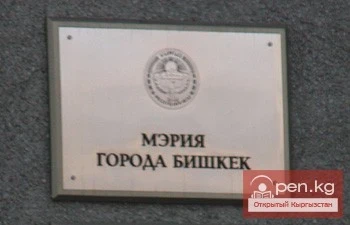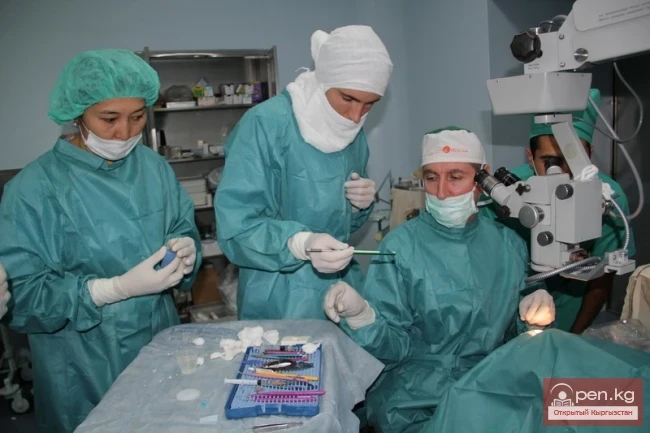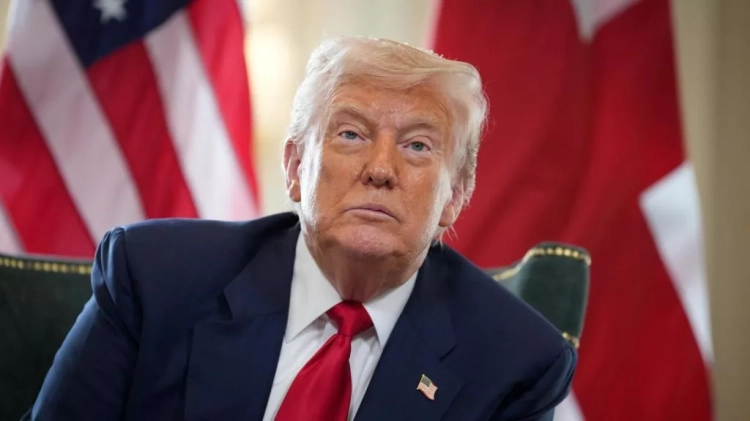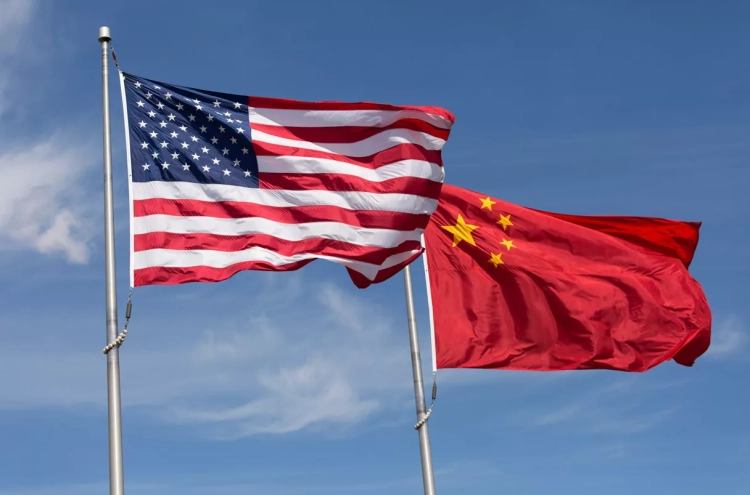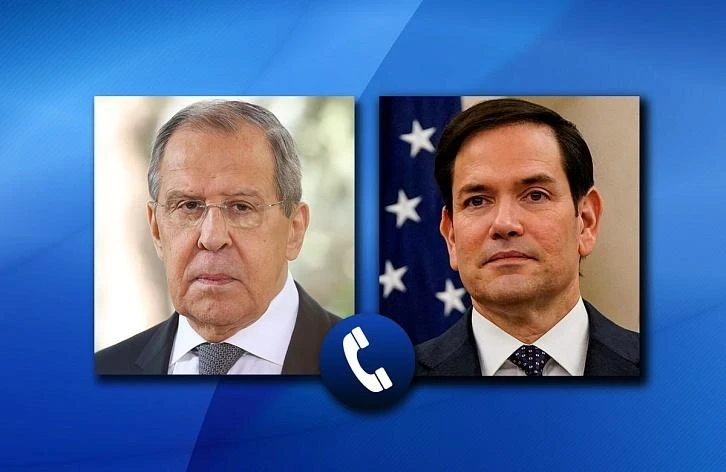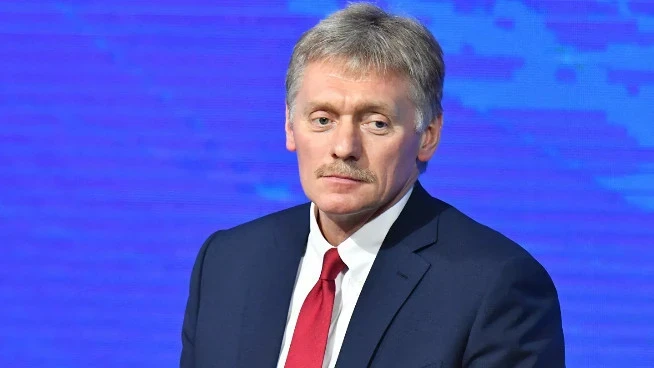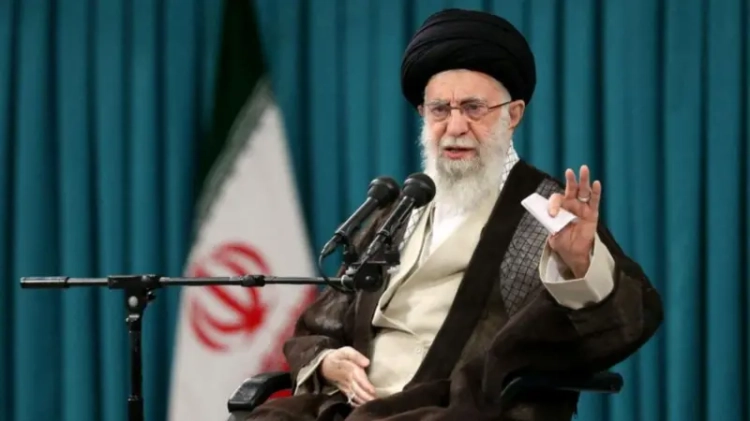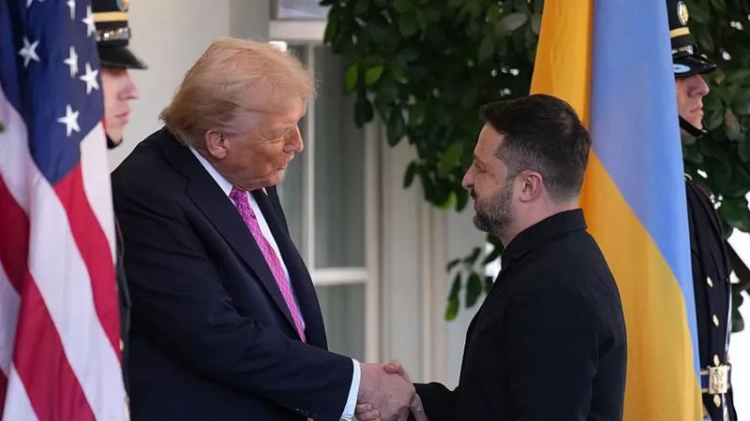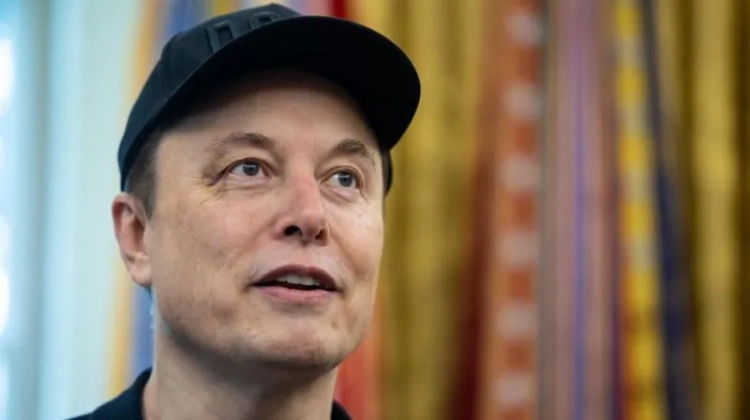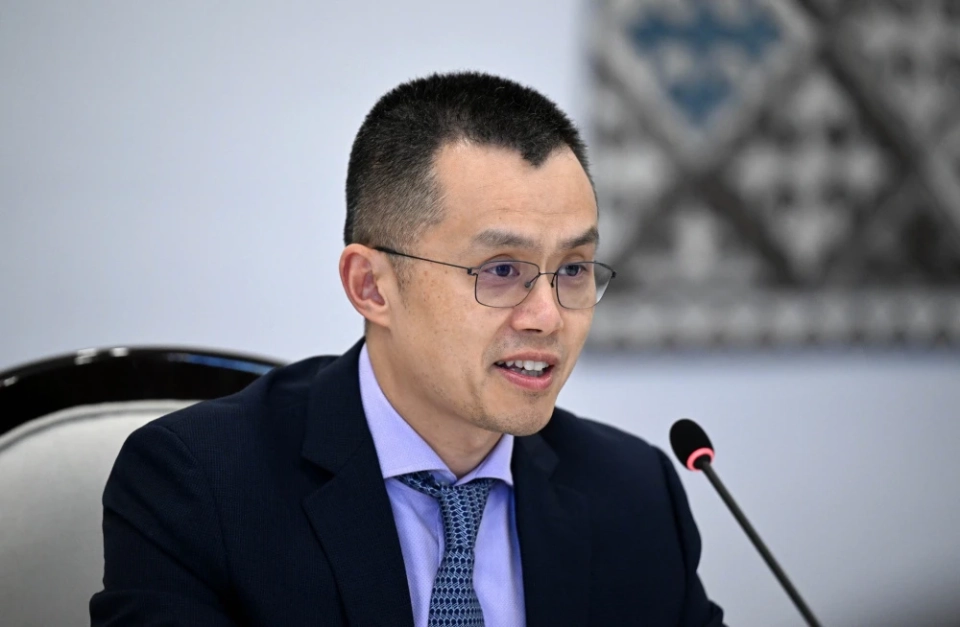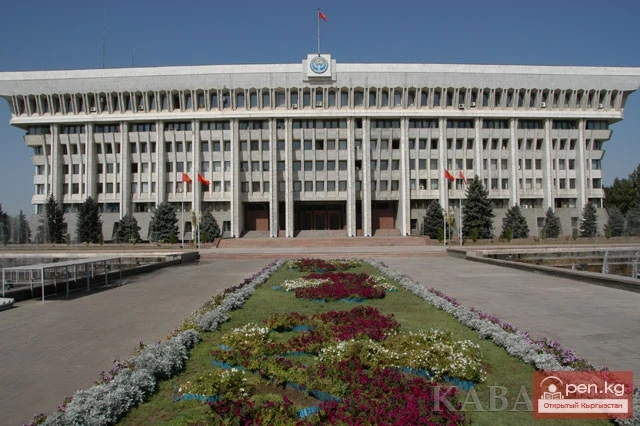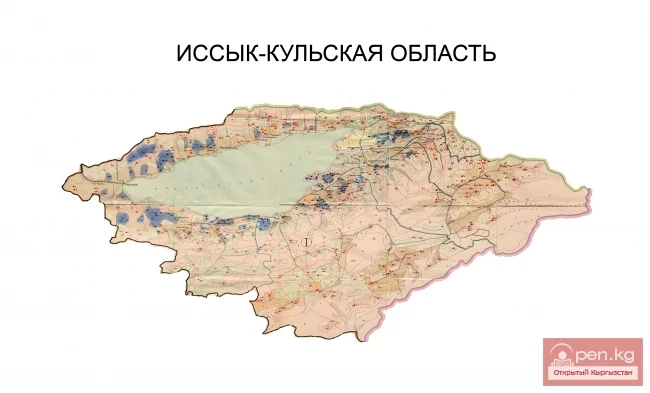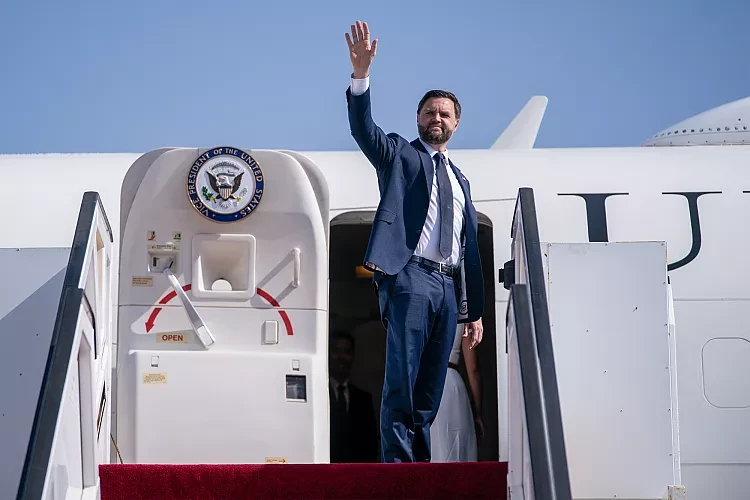
On Wednesday, hardline supporters in the Knesset initiated a preliminary vote on the annexation of the West Bank, which can be seen as an attempt to undermine Prime Minister Benjamin Netanyahu's position while Vance was in the country.
The bill, which required a simple majority for passage, passed by a narrow margin — 25 votes in favor and 24 against. In response, Netanyahu's office stated that the vote was a deliberate political provocation by the opposition.
Vance emphasized that if the vote in the Knesset was intended as a "political trick," then it was "a very foolish political trick." He added: "I see this as an insult. The Trump administration's policy is that the West Bank will not be annexed by Israel."
For his part, the deputy Palestinian ambassador to the UN, Majed Bamia, noted that the Palestinians "appreciate the clear signal" sent by the Trump administration against annexation.
Netanyahu is seeking to avoid early elections as disagreements within the right-wing parties grow, and dissatisfaction among some factions is rising due to the terms of the ceasefire and the associated casualties.
Although support for annexation exists among coalition members and the Likud party, they are backing away from these intentions following Trump's statement of his disagreement with this step.
The United Arab Emirates, as a key ally of the US and Israel in the peace process, emphasized that any actions towards annexation by Israel would be a "red line."
The Palestinians seek to regain the West Bank and Gaza Strip, which were captured by Israel during the Six-Day War in 1967, to create an independent state.
The annexation of the West Bank by Israel virtually destroys hopes for a two-state solution to the conflict, supported by the majority of world powers.
While at Ben Gurion Airport before departing from Israel, Vance also shared new details regarding US plans for Gaza, stating that he expects the reconstruction in areas "liberated from Hamas" to begin soon.
He warned that recovery from the devastating war could take a long time. "We hope to complete the reconstruction of Rafah within two to three years, and theoretically, half a million people could live there," he added, referring to the southernmost city of the Gaza Strip.
This would account for about a quarter of Gaza's total population, which is approximately 2 million, of whom 90% were forced to leave their homes during the conflict.
According to estimates from the World Bank, the UN, and the European Union, the cost of rebuilding Gaza is around $53 billion (45 billion euros).
The US continues to promote peace initiatives
Recently, Vance announced the opening of a civil-military cooperation center in southern Israel, where about 200 American servicemen are working alongside Israeli military personnel and representatives from other countries to stabilize and rebuild Gaza.
The United States is seeking support from other allies, especially among the Arab countries of the Persian Gulf, to create international stabilization forces that will be deployed in the Gaza Strip and train Palestinian forces.
US Secretary of State Marco Rubio, while in Israel, expressed the need to form Palestinian police forces that would not be affiliated with Hamas and emphasized that they need to be trained and equipped.
Before meeting with Netanyahu, Rubio also criticized the actions of Israeli lawmakers pushing for the annexation of the West Bank.
Israeli media characterized the influx of American officials arriving to monitor compliance with the ceasefire conditions as "Bibi-sitting," referring to an old campaign ad of Netanyahu where he portrayed himself as a "Bibi-sitter."
